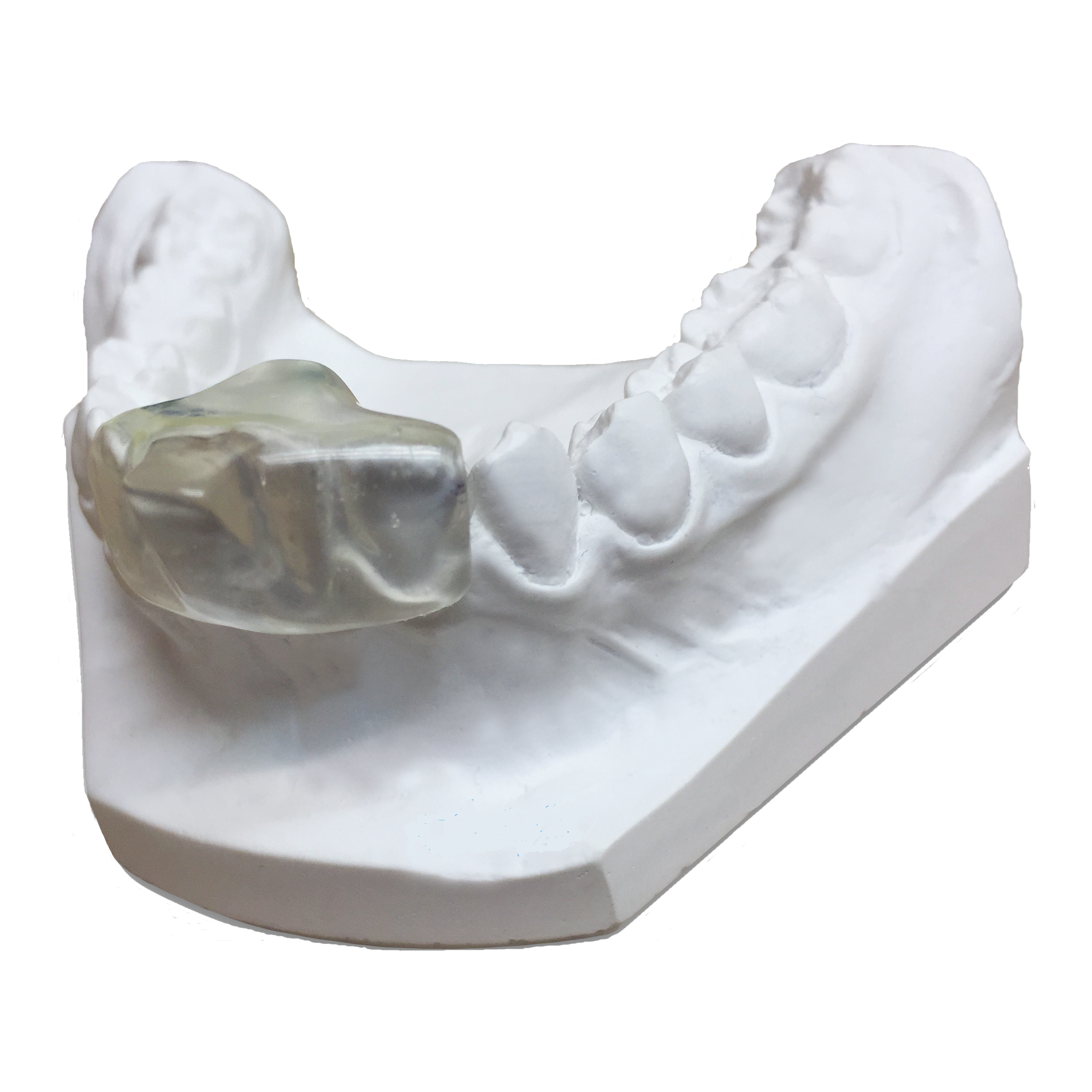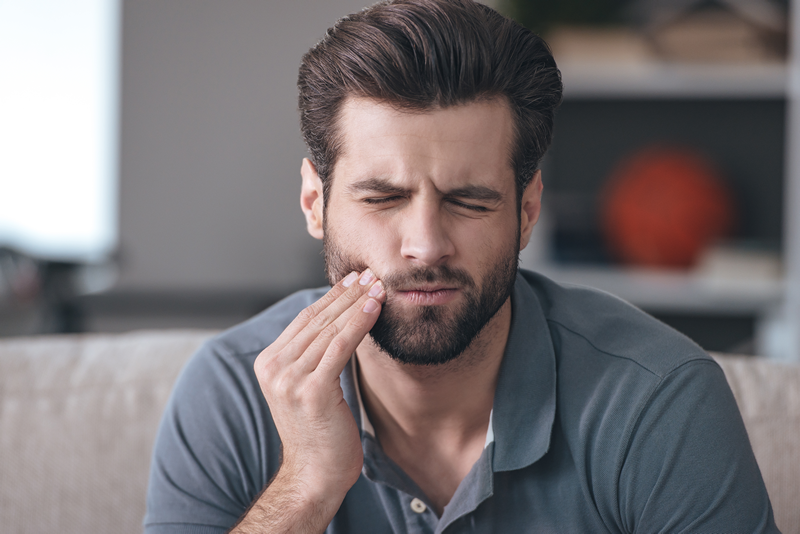Teeth Clenching & Grinding
Bruxism
This is a common issue that affects a large proportion of the population. The grinding of teeth and clenching of the jaw can cause tooth wear, breakages, pain, limited movement of the jaw joint and migraines/headaches. This is common in adults over 25 and symptoms often worsen during stress.
How can Bruxism affect you?
Sufferers are affected in many different ways and it can also lead to more serious issues which require intervention by a dentist.
If left untreated, longer term effects can include migraines, excessive facial muscle tone, temporomandibular joint disorder (TJMD/TMJ), clicking/popping of the jaw joint along with tooth wear and tooth loss.
How can Bruxism be treated?
There are many ways to manage bruxism and the most common treatment is occlusal splints (dental appliances). Occlusal splints are generally designed to act as a mechanical separation of the teeth and may be as simple as a soft mouthguard. Other treatments may also be considered, such as equilibration (grinding away tooth surface to make the teeth fit together better), orthodontics, crowns or veneers.


Early Morning & Evening appointments available on request
Please call 01902 763 200 to make an appointment


